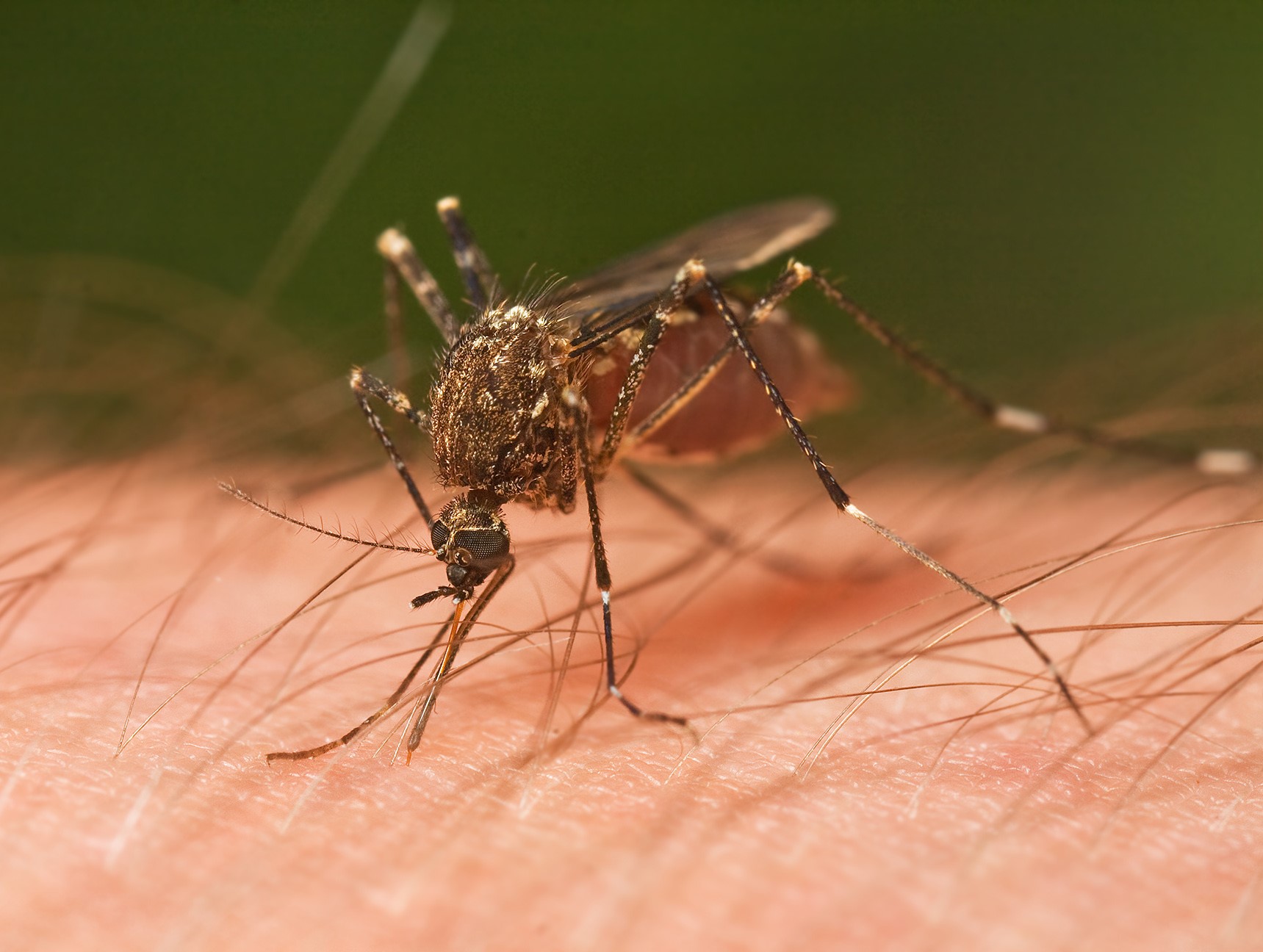

Updated 25 February 2021 to add:
There continues to be no current cases of Zika on Grand Cayman following the Cayman Islands’ removal from the Centers for Disease Control’s Zika watch list in July 2017. Cayman sits on the CDC’s Zika-free list as it has no current outbreak of the Zika virus; and is marked only as having once had transmission.
Here in the Cayman Islands, just the presence of mosquitoes can be a nuisance and impact outdoor enjoyment.
There are thousands of mosquito species worldwide, eight of which are prevalent in the Cayman Islands. Some mosquito species can carry diseases and viruses such as malaria, dengue fever, chikungunya, Zika and dog heartworm.
Human mosquito-borne diseases are contracted infrequently in the Cayman Islands. However in 2016, a small number of people contracted Zika on Grand Cayman, causing the United States Centers for Disease Control and Prevention to issue a travel advisory for the Cayman Islands in relation to the disease. That advisory was lifted in July 2017 after there had been no locally transmitted case recorded during the year.
However, the battle against mosquitoes on Grand Cayman continues on several fronts, including killing them, interrupting their breeding and preventing them from biting.
To help prevent mosquito bites, the Mosquito Research and Control Unit of the Cayman Islands, Pestkil Ltd. and Dart Real Estate have coordinated comprehensive pest and mosquito control services at Camana Bay. Dart Real Estate and the Mosquito Research and Control Unit formed a partnership to try to prevent the tenants and visitors from being bothered by mosquitoes. Twelve mosquito-repellent gel dispensers, similar to hand-sanitiser gel dispensers, have been installed around high-traffic locations in Camana Bay, mainly along the Crescent and the Paseo, and in each of the courtyards. They have been placed at least four feet high, out of reach of a child six years old or younger.
The easy-spreading, alcohol-based repellent is 15 per cent DEET-based and provides protection over a four-hour time period. DEET is considered safe for topical use by the Centers for Disease Control and the Environmental Protection Agency in the United States.
One way of reducing the number of mosquitoes in Camana Bay is by introducing a natural predator — namely bats. Over the past year, 10 bat houses were installed in various places on the Camana Bay property in an environmentally friendly attempt to control the mosquito population. Each bat house can hold as many as 400 bats and an individual bat can eat as many as 1,000 insects per hour, which can help reduce the mosquito population naturally.
The Mosquito Research and Control Unit and Pestkil have also been working together to create a comprehensive mosquito treatment plan for Camana Bay that includes aerial and ground spraying as well as on-site treatment spraying.
Mosquito magnet trap machines have also been placed strategically around the property to kill the mosquitoes and use them for research to tailor the treatment plan for the species found.
This article originally appeared in the September 2017 print edition of Camana Bay Times with the headline "Taking the bite out of mosquitoes."